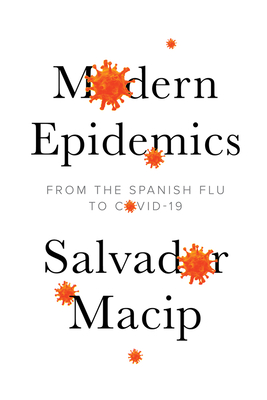Expedite your nonfiction book discovery process with Readara interviews, summaries and recommendations, Broaden your knowledge and gain insights from leading experts and scholars
In-depth, hour-long interviews with notable nonfiction authors, Gain new perspectives and ideas from the writer’s expertise and research, Valuable resource for readers and researchers
Optimize your book discovery process, Four-to eight-page summaries prepared by subject matter experts, Quickly review the book’s central messages and range of content
Books are handpicked covering a wide range of important categories and topics, Selected authors are subject experts, field professionals, or distinguished academics
Our editorial team includes books offering insights, unique views and researched-narratives in categories, Trade shows and book fairs, Book signings and in person author talks,Webinars and online events
Connect with editors and designers,Discover PR & marketing services providers, Source printers and related service providers

Modern Epidemics: From the Spanish Flu to Covid-19
Medical > Public Health
- Polity Press
- Hardcover
- 9781509546565
- -
- -
- Medical > Public Health
- (Single Author) Asian American
- English
Readara.com
Book Description
We live in a world full of invisible enemies and normally we don't even realize they're there. But from time to time one of these microscopic creatures becomes powerful enough to turn everything upside down. We are witnessing now the rise of the coronaviruses, which are causing the worst global health crisis in decades, and we are wondering why we didn't see this coming. But we did. Experts have been warning us for years about microbes, one of the most terrifying challenges we face as a species. Especially because nowadays, an outbreak of an infectious disease that starts in one corner of the planet can quickly become global thanks to our modern lifestyle. There have been many pandemics over the history of humanity, and Covid-19 is unlikely to be the last. What can we do to prepare ourselves better?
The first thing is to understand what we are dealing with. Salvador Macip is a specialist in the biology of infectious diseases and here he explains, in a language everyone can understand, what it means to share the planet with millions of microbes, some wonderful allies, others terrible foes. He provides a concise account of the epidemics that changed history and then focuses on the great modern plagues that are still causing millions of deaths every year, including influenza, TB, AIDS and malaria. The coronaviruses, including the SARS-CoV-2 virus that causes Covid-19, are situated in the context of the many microorganisms that cause infectious diseases and epidemics. Macip also examines the methods we have used - from vaccines and drugs to improved sanitation and other practices like social distancing - to try to control these invisible enemies.
This authoritative overview of modern epidemics and the pathogens that cause them will be essential reading for everyone who wants to understand the world in which we live today, a world in which some of the greatest threats to the human species come from the invisible microbes with which we share this planet.
Author Bio
My research interest is to understand the mechanisms involved in cancer and ageing, in order to design better targeted and personalized therapies. I completed a medical degree at the University of Barcelona, where I also obtained a PhD in Molecular Genetics.
After a few years at Mount Sinai Hospital, in New York, I came to the University of Leicester as a New Blood Lecturer in Mechanisms of Cell Death and head of the Mechanisms of Cancer and Ageing Laboratory.
Education
- Associate Professor, University of Leicester (2015-)
- Lecturer, University of Leicester (2008-2015)
- Instructor, Mount Sinai School of Medicine (2004-2007)
- Postdoctoral Fellow, Mount Sinai School of Medicine (1999-2003)
- PhD, Universitat de Barcelona (1994-1998)
- MD, Universitat de Barcelona (1988-1994)
Source: University of Leicester
Videos










Community reviews
No Community reviews

